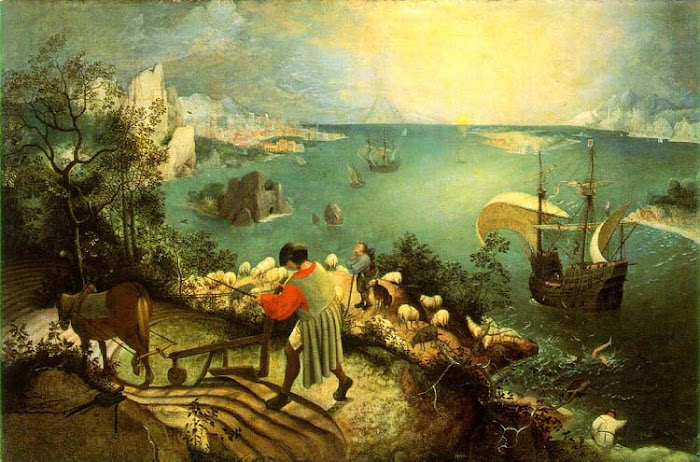‘‘Boys and Girls’’ opens with the unnamed narrator describing her father and his work. He is a fox farmer who raises silver foxes which are skinned so that their fur can be sold to fur traders. The narrator, a girl at the time the story takes place, and her smaller brother Laird, enjoy watching their father doing skinning work, which he does in the cellar of their house each fall or early winter when the foxes’ coats are prime. The girl also describes her father’s farm hand, Henry Bailey.
She tells how in bed at the end of the day she can still dreaming of becoming the hero in her own tales, rescuing people, lots of adventures and even included her brother Laird in the story. The narrator is a young girl who appreciates respects and holds her father’s authority in high regard, while she looks down on her mother’s weakness. This weakness stems from the fact that her father dominates her mother. Her views toward her mother’s femininity stem from her own insecurities about becoming a woman, and thus they tend to be indifferent in nature. She does not think that women are bad people, but does think that they have ulterior intentions.
The girl seems to compare the gender role between the father and the mother herself. This foreshadows the coming event in her life. The main character/narrator disobeys her father without her father knowing. She does this because she is starting to become her own person. Her maturity and capability to make her own decisions are pointed out distinctively as the story develops. Therefore she continued to do little things against the beliefs of her family, because as she said, "I kept myself free." She loves to dressed like a boy, and behave like a tomboy until her grandmother came and nagged to her things that a girl should do, that she should not suppose to do. “Girls don’t slam doors like that.” “Girls keep their knees together when they sit down.” She was an outcast from the rest of her family, due to the fact that she did not act like a girl as her grandmother continued to try and point out to her. The girl is unsure about whether she wants to be a woman or not, because she enjoys her father's work and wants to be a part of it.
At the end of this story we witnessed the young girls determination and strength prevail as she began to think for herself and even attempted to set her own spirit free. A symbol of the young girl’s courage to resist pressures from society resembled that of Flora’s, a mare who had managed to escape from the stable, and was “running free in the barnyard…” When the girl’s father instructed her to “Go shut the Gate!” She merely “opened it as wide” as she could. She had never disobeyed him before and could not understand why she had done it, as she knew that, “Flora would not really get away”. The inevitable fate of the young girl was just like that of Flora’s. One could even say that Flora was the young girls spirit and when they “cut her up in fifty pieces”; they did the same to the heart and soul of the young girl. At the end of the day she was, “only a girl”.
Subscribe to:
Post Comments (Atom)


No comments:
Post a Comment